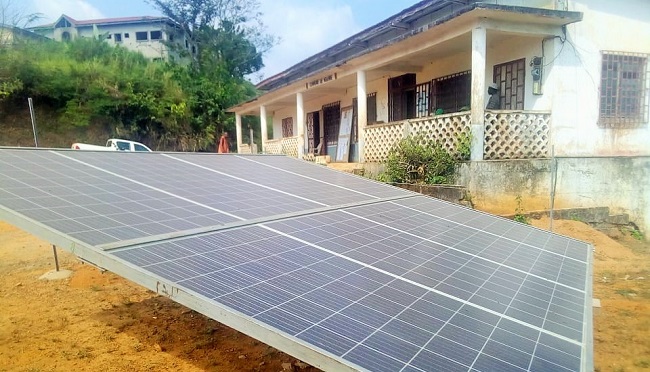A renewable energy expert, Mr Ukah Ibe, says Nigeria has good renewable energy policies but more efforts are needed for policy implementation to harness the sector.

Ibe, the chief executive officer of Nexgen Energy, stated this in an interview on the prospect of renewable energy industry in 2021.
He said that Nigeria had the right policy framework and the technology required to harness renewable energy sources and improve the economy of the country.
“We need to know where we are presently to know where we are going; Nigeria is part of a global village in terms of solar development.
“In technology, we are just like every other country too because whatever happens in any country in terms of technology, we can also have access to it because the world is now a global village.
“In policy making, we were signatory to the Paris Climate Change Agreement and some of the policies for most countries are derived from that Paris Agreement on climate change.
“In terms of deployment, we may not be as other countries because Nigeria is one of the developing nations; so the effect of capital obviously will be there because most of the infrastructural development are not like other countries and we don’t have access to capital such as other countries do.
“But in policy making and technology, we are just like other countries only that we have yet to get there in deployment,” he said.
Ibe said that the government focus basically now should be on the implementation of already existing policies, noting while some policies had yielded results, more still need to be done to increase deployment of renewable energy in Nigeria.
“Beside, just having the policies implementation is also critical. Policy implementation such as funding from development partners and the federal government are already in place,” he said.
The renewable energy expert said that the power sector had been privatised through government policies “and we are seeing the effect.
“Though now the grid sector is having challenges of capital liquidity, they have a lot of cash flow issues due to collections and technical losses and all that but the policy is there; just how to implement the policies and create efficiency in the system.”
By Ibukun Emiola
